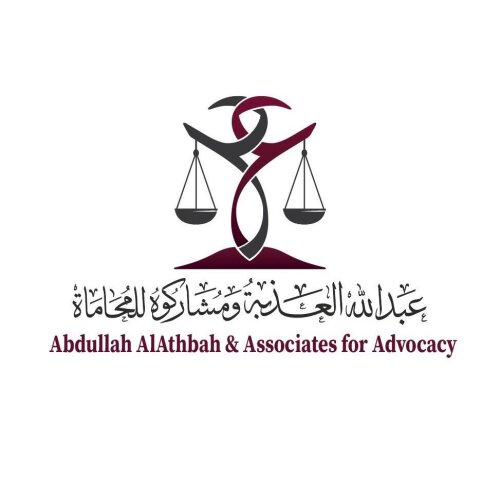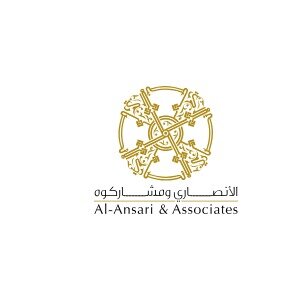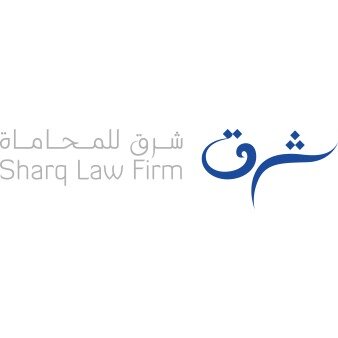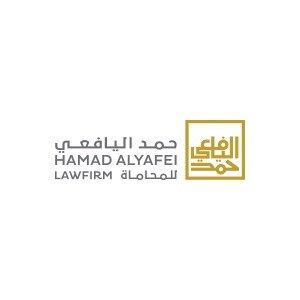Best Financial Services Regulation Lawyers in Doha
Share your needs with us, get contacted by law firms.
Free. Takes 2 min.
List of the best lawyers in Doha, Qatar
About Financial Services Regulation Law in Doha, Qatar
Financial Services Regulation in Doha, Qatar, is governed by a combination of local laws and regulations designed to ensure a stable, transparent, and growth-oriented financial environment. The Qatar Financial Centre (QFC) plays a central role in governing financial services, providing a robust regulatory framework that aligns with international standards. The Qatar Central Bank (QCB) also oversees licensing and regulatory compliance for banks and financial institutions operating within the country. Overall, the financial services regulatory landscape in Doha is focused on fostering competitiveness while maintaining rigorous oversight to ensure financial stability.
Why You May Need a Lawyer
Individuals and businesses may require legal assistance in Financial Services Regulation for several reasons:
- Setting up or expanding a financial entity in Qatar.
- Ensuring compliance with local and international financial regulations.
- Handling disputes with financial institutions.
- Understanding implications of regulatory changes on business operations.
- Navigating licensing and registration processes for financial services providers.
- Seeking redress or mediation in cases of financial fraud or misconduct.
Local Laws Overview
Key aspects of local laws relevant to Financial Services Regulation in Doha include:
- Licensing and Registration: Entities must register with either the QFC or the QCB and comply with related regulatory requirements.
- Compliance and Reporting: Regular reporting and adherence to compliance standards are mandatory for financial service providers.
- Anti-Money Laundering (AML): Strict AML laws are enforced to curb financial crimes, requiring institutions to implement due diligence and reporting systems.
- Consumer Protection: There are laws to safeguard consumers' rights in financial transactions and services.
- Risk Management: Financial institutions are required to follow risk management frameworks to mitigate environmental and operational risks.
Frequently Asked Questions
What is the Qatar Financial Centre (QFC)?
The QFC is a business and financial hub in Qatar that provides a regulatory environment designed to attract international financial institutions and firms. It offers its own legal and tax regime conducive to business operations.
How do I start a financial services business in Qatar?
To start a financial services business in Qatar, you must obtain the appropriate licenses from the Qatar Central Bank or the Qatar Financial Centre, depending on your business model, and comply with their regulatory requirements.
What are the penalties for non-compliance with financial regulations?
Penalties can include fines, revocation of licenses, and other legal actions as determined by the QCB or QFC. The severity depends on the nature and scale of the non-compliance.
What is Anti-Money Laundering (AML) compliance?
AML compliance involves implementing policies and procedures to detect and report suspicious financial activities and transactions that may be connected to money laundering or other financial crimes.
Can foreign investors own financial institutions in Qatar?
Yes, foreign investors can own financial institutions in Qatar, subject to compliance with local regulations and approval from relevant regulatory bodies like the QCB and QFC.
How often do financial service regulations change in Qatar?
Regulations are periodically updated. It is crucial for businesses to stay informed about regulatory changes through official announcements from QCB, QFC, and other relevant bodies.
What consumer protection measures exist in financial services?
Laws in Qatar provide several consumer protections, including the right to fair treatment and the requirement for transparent communication regarding financial products and services.
Are there any tax incentives for financial services companies in Qatar?
The QFC offers an attractive tax environment, including a competitive corporate tax rate and exemptions on withholding taxes under certain conditions.
Can I resolve financial disputes out of court?
Yes, financial disputes can often be resolved through arbitration or mediation provided by the regulatory bodies, which is usually faster and less costly than litigation.
Who oversees financial fraud investigations in Doha?
The Qatar Central Bank and other regulatory bodies have the authority to investigate financial fraud and misconduct, working closely with law enforcement agencies as needed.
Additional Resources
For more information or assistance, consider reaching out to the following resources:
- Qatar Financial Centre (QFC)
- Qatar Central Bank (QCB)
- Ministry of Commerce and Industry
- Qatar International Court and Dispute Resolution Centre
Next Steps
If you need legal assistance in Financial Services Regulation in Doha, Qatar, consider the following steps:
- Identify the specific area of legal help you need.
- Consult with a lawyer specializing in financial services regulation for personalized advice.
- Prepare necessary documentation and information relevant to your case.
- Contact regulatory bodies for guidance or resources specific to your situation.
Taking these steps can help ensure you receive the professional legal support needed to navigate the complexities of financial services regulation in Doha.
Lawzana helps you find the best lawyers and law firms in Doha through a curated and pre-screened list of qualified legal professionals. Our platform offers rankings and detailed profiles of attorneys and law firms, allowing you to compare based on practice areas, including Financial Services Regulation, experience, and client feedback.
Each profile includes a description of the firm's areas of practice, client reviews, team members and partners, year of establishment, spoken languages, office locations, contact information, social media presence, and any published articles or resources. Most firms on our platform speak English and are experienced in both local and international legal matters.
Get a quote from top-rated law firms in Doha, Qatar — quickly, securely, and without unnecessary hassle.
Disclaimer:
The information provided on this page is for general informational purposes only and does not constitute legal advice. While we strive to ensure the accuracy and relevance of the content, legal information may change over time, and interpretations of the law can vary. You should always consult with a qualified legal professional for advice specific to your situation.
We disclaim all liability for actions taken or not taken based on the content of this page. If you believe any information is incorrect or outdated, please contact us, and we will review and update it where appropriate.
















